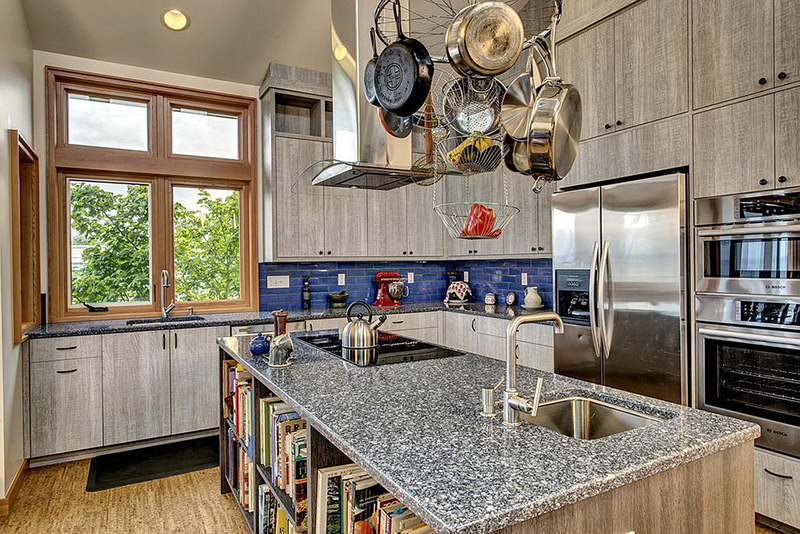Sellers: Here’s How to Update Your Home With Looks Buyers Love By Joe Szabo, Scottsdale Real Estate Team
By Joe Szabo, Scottsdale Real Estate Team When you’re putting your home on the market, you want it looking its best. You know you’ll need to clean and declutter, but what about making cosmetic updates? Investing in a new look for your home might be well worth the effort. The recent Zillow Paint Colors That Sell Analysis reported that certain paint colors in specific rooms can impact the sale price of a home. And many buyers perk up when they see terms like granite countertops, stainless steel appliances, and subway tile in a home’s listing. Let’s take a look at ways to work these trends into your home for maximum impact.More natural, less fussy
Today’s buyer is looking for fresh and natural design elements that easily blend between varying styles, from tailored and traditional to ultra-cool and modern. Zillow discovered that shades of cool blue spoke to these home buyers, and offered a semi-blank canvas for them to put their own spin on. A natural blue tone also looks best in listing photos and videos.
Many elements impact a home’s value
While Zillow’s research shows that applying a fresh coat of paint to your home helps boost its value, there are many more components that impact a buyer’s willingness to pull out their checkbook. In addition to paint, other elements of the kitchen and bath are important to keep in mind. Updating the countertop or flooring often breathes new life into a space.
Dip your toe
We always tell clients who are nervous to jump into a new color or pattern this simple piece of advice: Dip your toe in and try it out. As Zillow found, shades of blue are the go-to for home buyers today. However, that doesn’t mean you have to splash navy blue paint across your walls. If you’re staging your home to sell, or just want to see what the color looks like in your environment, start small with throw pillows, an area rug, or window coverings. These decorative accents are small but mighty, and may offer just the right amount of impact to boost your home’s value.

 By
By  By
By  By
By  By
By  By
By  By
By  By
By  By
By  By
By 

